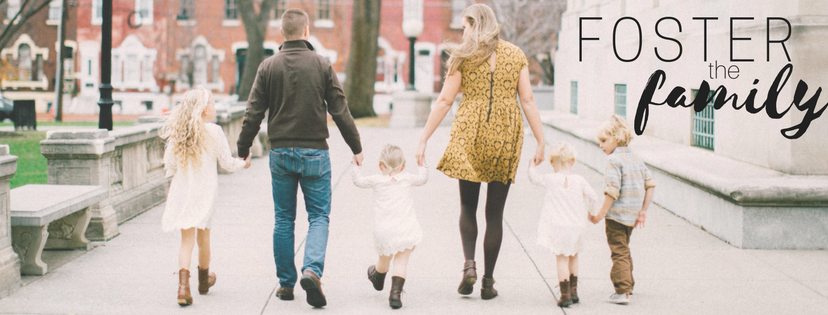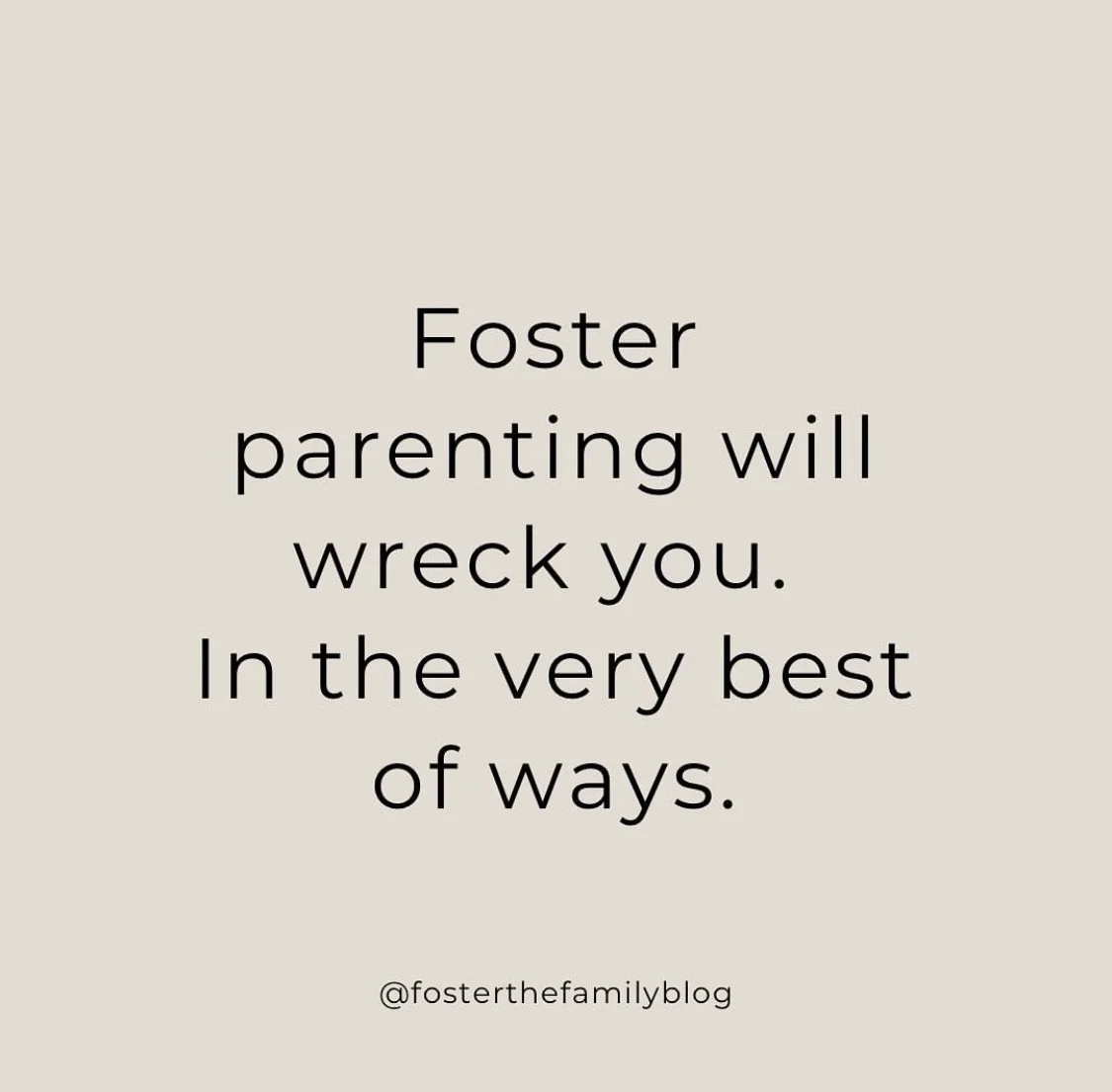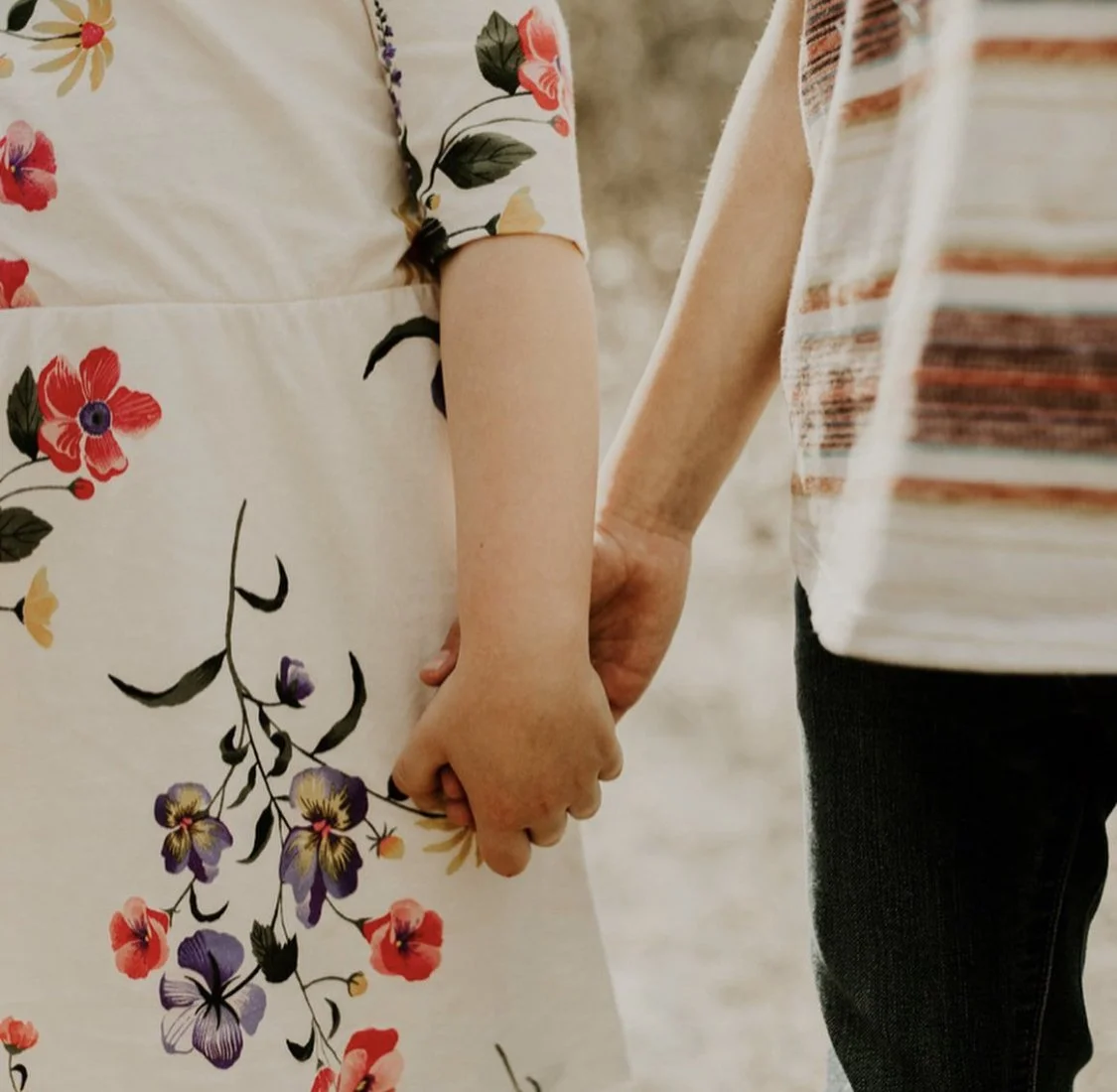Getting attached to a child who will most likely leave means living in tension. It means freely releasing your heart–where you love and feel and connect–but holding the reigns on your mind–where you plan and hope and daydream.
The Best I Can Do
Being ok with “the best I can do” is actually a way that I live by faith. My sight tells me that I need to do everything and do it perfectly, or my people will suffer. But my faith leads me to surrender to Him and focus on faithfulness rather than “the best.”
See My Mess
His mercies are new every morning. Adoption is forever, and there's always tomorrow. God's grace is bigger than my sin. God fills in the gaps of my failed parenting. Jesus died to forgive me and he is transforming me.
I Don't Have To Be Weary
This command to not grow weary isn’t a call to just be better and stronger. It’s not even really a command at all. It’s a promise, a reminder, a hold-on-tight-to-it truth.
From a Mother's Chore to a Daughter's Worship
I struggle with the mundane of motherhood. Long days at home with kids, the same good and bad and sweet and hard over and over again, each day on seeming repeat. Sometimes I wonder what exactly it is I’ve chosen to do with my life.
Foster Parenting Will Wreck You
Foster parenting will wreck you.
In the very best of ways.
Attachment is Built in Moments
Attachment is worth working towards, connection is worth fighting for, because our kids are worth it.
Befriend a Foster Family
To the maybe-one-day, eventually, or in-training foster parent, the best thing you can do right now to prepare yourself for foster care: befriend a foster family.
All of Parenting is a Cycle
Being available to your kids, prioritizing connection, seeing & meeting the needs behind behaviors, and leading with compassion and love—as parents, we do the work, but we never arrive.
It Takes a Willing Person to be a Foster Parent
Let’s drop the whole “special” thing. It burdens foster parents with both a credit and a pressure we don’t deserve and shouldn’t have to carry. And it allows everyone else to exclude themselves with the admission that they’re not “special.”
Nothing Will Ever Change How Much I Love You
The love I have and was acting in, I began to feel again, and I whispered in her ear, “I love you, little girl. I will love you always and forever. Nothing will ever change how much I love you.”
Your Impact is Immeasurable
Your impact is immeasurable. Which means, at once, that it can feel like nothing—you can’t even measure it—and also be everything—you can’t even measure it.
She Has a Family
Now I understand the mission differently. Now I would cry those same tears as fiercely over a child needing me in the first place. The loss of a mother, a father, a family is the heartbreak that placement represents. I grieve the need for my role at all.
As I Open My Door to the Child, I Open My Heart to the Mother
My fight for restorative & redemptive foster care begins before the child even enters my home.
“She’s Not Attention Seeking, She’s Attachment Seeking”
It’s easy to have sympathy when a child is sad or scared or suffering. But when they’re just basically “annoying?” It can be so hard to have compassion on this “attention seeking.” That’s when I have to remind myself what I explained to my ten year old: She’s not attention seeking, she’s attachment seeking.
Real Talk
But then I remember. The God who’s brought me here, who’s carried me before and carries me still, who despite it all and by it all has blessed me deeply. And I get up & stand again on the promises I own in Him. I re-place my trust, refocus on the mission, rejoice in all I have. And I rediscover, again, the great joy of this life I get to live.
Why Can't Our Family Just Be Normal?
We chose to step into brokenness. A brokenness that is not easily mended, a brokenness that writes itself on DNA & belief systems & physiological reactions. But we stepped into this place, and we walk in is still.
Hold Space for Everything Else
It’s much easier to see & sit in the brokenness. We have to fight to see the joy, search for the healing, choose gratitude. Hopelessness will overwhelm you if you don’t fight for hope.
The Life of a Foster Parent
The rollercoaster of emotions—the heartbreak of loss, the anxiety of the future, the overwhelm of the privilege, the joy of the love both given and received.
Our Kids' Parents Have So Much to Overcome
The arrogant thesis behind this question: If you love your kid, you do whatever it takes to get them back. But have you ever stopped and considered the obstacles, the roadblocks, the internal and external forces that fight against our kids’ parents as they fight for their kids?




















